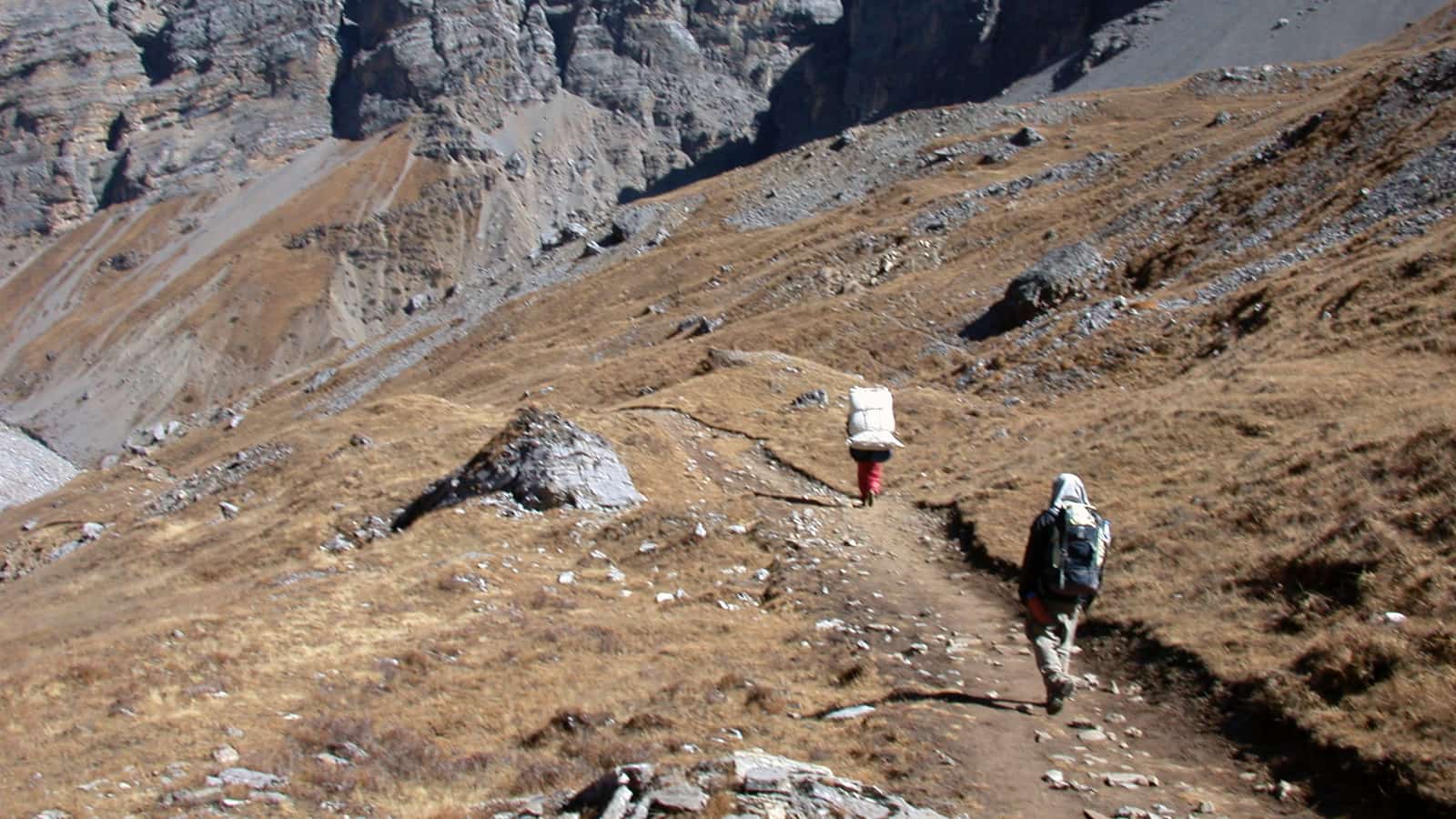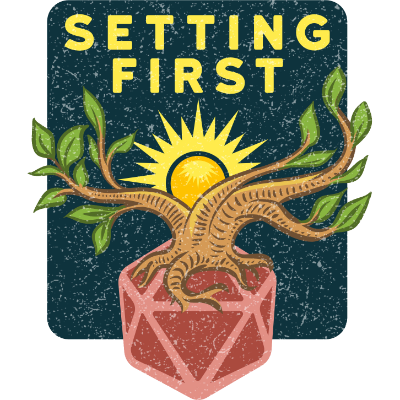
On the benefits of making room in my life for tabletop roleplaying by eliminating something else.
Wait, What?
Not long ago a /rpg Reddit thread made me think about the difference between gaming as a destination and gaming and a journey. By that I mean, is my enjoyment of tabletop RPGs derived solely from what happens at the table on game night, or is there more to it?
The obvious answer, especially for someone who spends hours upon hours delving into settings, is that of course tabletop roleplaying is worthwhile for more than just that relatively small number of hours when I’m chucking dice with friends. Reading game books, coming up with locales and NPCs, thinking about how PC actions are affecting various factions – all of those activities are fun for me. So when a question about using an AI to generate aspects of a game world came up, my immediate, visceral reaction was “Wait, what?”
I’m paraphrasing here, but I really liked one of the responses, which was that AI is great for automating things we have to do to make a paycheck, but the creative act of gamemastering is one of the things that makes living worthwhile. Put another way, if you cut out the journey, is the destination worth reaching?
Taking the Journey
Years ago I went on a trekking expedition with my dad and a handful of his friends. After laboring for days to climb out of the hot lowlands and into the cold, windswept mountains, we rose in darkness one morning and went over a thin-air pass. A few hours later we stumbled into the first village on the other side of the pass, where a good number of other foreigners sat on the balconies of rented lodges. They’d flown into the village rather than trek up to it.
There’s nothing wrong with that approach if your goal is to hop from village to village rapidly. But I felt grateful to have gone through the sweltering heat of the lowlands, the arduous climb to the higher elevations, and the paucity of oxygen at that pass. Every day provided unexpected challenges and pleasures, and when I reached that village I appreciated it in a way I wouldn’t have otherwise.
I want to emphasize that if people want to trek without going into the thin air, or if people want to us AI tools to build out elements of their campaign, I’m not here to tell them they’re wrong. But for me that approach feels transactional and flat. I’d rather have fewer experiences that require more effort, with higher emotional payoff, than a higher number of rapidly-absorbed experiences.
Seeing those words makes me feel I’ve blasphemed. As an American I’m supposed to Do All The Things. I’m supposed to want endless variety, endless choice, and endless convenience. The American ethos is often why do something manually when you can have it done for you?
I know what you’re thinking, and yes, it’s true. I order from Amazon. I don’t grow my own vegetables. My DoorDash account doesn’t sit idle. I’m no paragon of patience. I’ve simply found that when I want to have an adventure, whether it’s at the game table or on a distant mountain trail, the journey matters at least as much as the destination. And enjoying the journey means being fully engaged, letting it consume me.
Getting Ruthless
Unfortunately there are only so many hours in a week, and the gamemaster’s journey from session to session gobbles up time. Unfortunately I’ve only discovered one way to make time for those journeys. I have to not Do All The Things.
Right around the arrival of our first child, I took an inventory and realized that I wasn’t going to be able to keep all of my pastimes. At least not if I wanted to devote the time each of them deserved. NFL football had dominated my Sundays for decades. I wasn’t a superfan, but my default condition on a Sunday afternoon was sitting in front of a screen watching football. Even when I recorded the games and skipped through the commercials, I spent a lot of time consuming, watching what other people were doing, and not absorbing anything that could inform any of my own activities.

So I made a clean break from football-watching. This isn’t to say watching football is objectively a waste of time. I am by no means the kind of person who breaks my life into 15 minute segments and ruthlessly optimizes how I spend them, and I still spend plenty of time aimlessly doing nothing of value. And I still think watching football is fun.
I just needed to prioritize, even if at a gross, very high level, where I put my attention. I did so in order to protect a creative act that is special to me, not because it produces anything of intrinsic value, or because anyone other than the handful of people in my gaming group care, but because I enjoy taking that journey, and I savor the destinations it helps me reach.
Managing my attention every day, every week, is still a challenge. The demands of work, the shuttling of teenagers from one activity to another, all the other obligations of life, all the demands for my attention add up. But intentionally getting rid of something else in order to give myself sufficient time for gamemastering and related journeys really has served me well.
Ω
Notes
- The suffix -cide stems from the Latin caedere, which means to strike, beat, cut down, kill (e.g., homicide, fratricide, suicide, genocide). So to decide is to kill the alternatives rather than murder them, but murder just seems more appropriate.
- I highly recommend Four Thousand Weeks: Time Management for Mortals by Oliver Burkeman. It’s not at all what you’d expect from the title, and is a humorous and insightful read.
Image Credit
- © BrokenSphere / Wikimedia Commons CC BY-SA 3.0

